Rebar, also known as reinforcing steel, is a type of steel bar used as a stretching product in reinforced concrete and masonry structures to increase their strength and durability. Rebar is typically made from carbon steel and is available in a variety of sizes and grades. There are many types according to different usage patterns and qualities.
- Carbon Steel Rebar: Black bars, which take this name due to the carbon ratio in its chemical structure, are highly preferred except for areas that are constantly exposed to moisture and water. This high-strength product cannot be fixed by ordinary welding processes due to its carbon content. It is versatile, resistant to impact, friction and becomes the most preferred type.
- Sheet-Metal Rebar: These are products with a large surface with holes or corrugations, especially used for roofing, stairs and floor coverings in the construction industry.
- Welded Wire Rebar: It is a type of rebar in which a sufficient number of steel wires are connected to each other to form a braid form by electrical welding, according to the size of the area to be covered. They are often used as supporting products in areas where walls and floors are compressed. It is among the special products preferred in many floor coverings such as roads, floors, concrete channels, culverts.
- Epoxy Coated Rebar: Rebar, which is coated with a thin layer of epoxy, which is a polymer type, is generally used safely in corrosive areas such as salty.
- European Rebar: Although it can replace others with its affordable prices, European rebar is not preferred in regions with high earthquake zones and in areas that are suitable for harsh weather conditions such as tsunami and hurricanes.
- Galvanized Rebar: Rebar coated with liquid zinc is forty times more durable than carbon steels and therefore high-cost products. Its high resistance to corrosion and external factors that will deform its form makes it an ideal product for highly durable structures.
- Stainless Steel Rebar: Steel coated with an oxide layer and insulated from the environment shows high surface resistance and corrosion resistance in all areas where it is used. It provides a long-lasting, maintenance-free use in works that cannot be maintained and repaired after the application.
- Expanded Metal Rebar: It is formed by expanding the scratches on the steel plate at regular intervals to take a square or diamond shape. The patterns, which are given without any welding process, enable it to act as a resistant ground even at high weights. For this reason, it is used as a carrier and stabilizer on all walkable surfaces in concrete.
- Glass Fiber Reinforced Polymer Rebar: GFRP rebar types are products with highly increased durability and cost-effectively proportionally. Rebar is primarily used in construction applications to reinforce concrete structures such as buildings, bridges, highways, tunnels and other infrastructure projects. It is also used in the construction of retaining walls, foundations and other structures where additional strength is required.
Some of the common uses of rebar include:
- Reinforcing concrete structures to increase their strength and durability.
- To support and strengthen masonry walls and structures.
- To provide additional strength to the foundations of buildings and other structures.
- To support and strengthen bridges and highways.
- Strengthening retaining walls.
- To increase the overall resilience of infrastructure projects.
In summary, rebar is a type of steel reinforcement used in construction to increase the strength and durability of concrete and masonry structures. It is produced in different forms, thicknesses, lengths and different chemical structures and can be ribbed or flat. Its primary uses include reinforcing concrete structures, supporting masonry walls and reinforcing infrastructure projects.


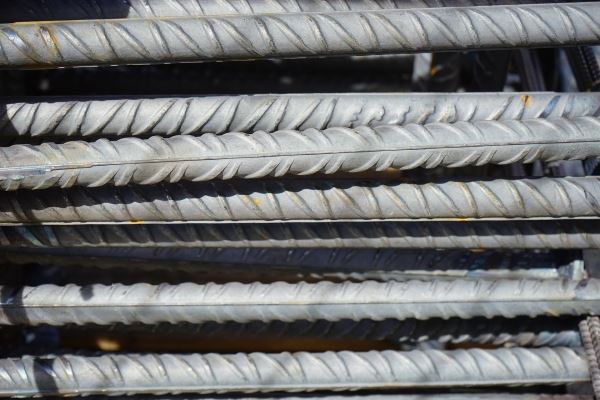

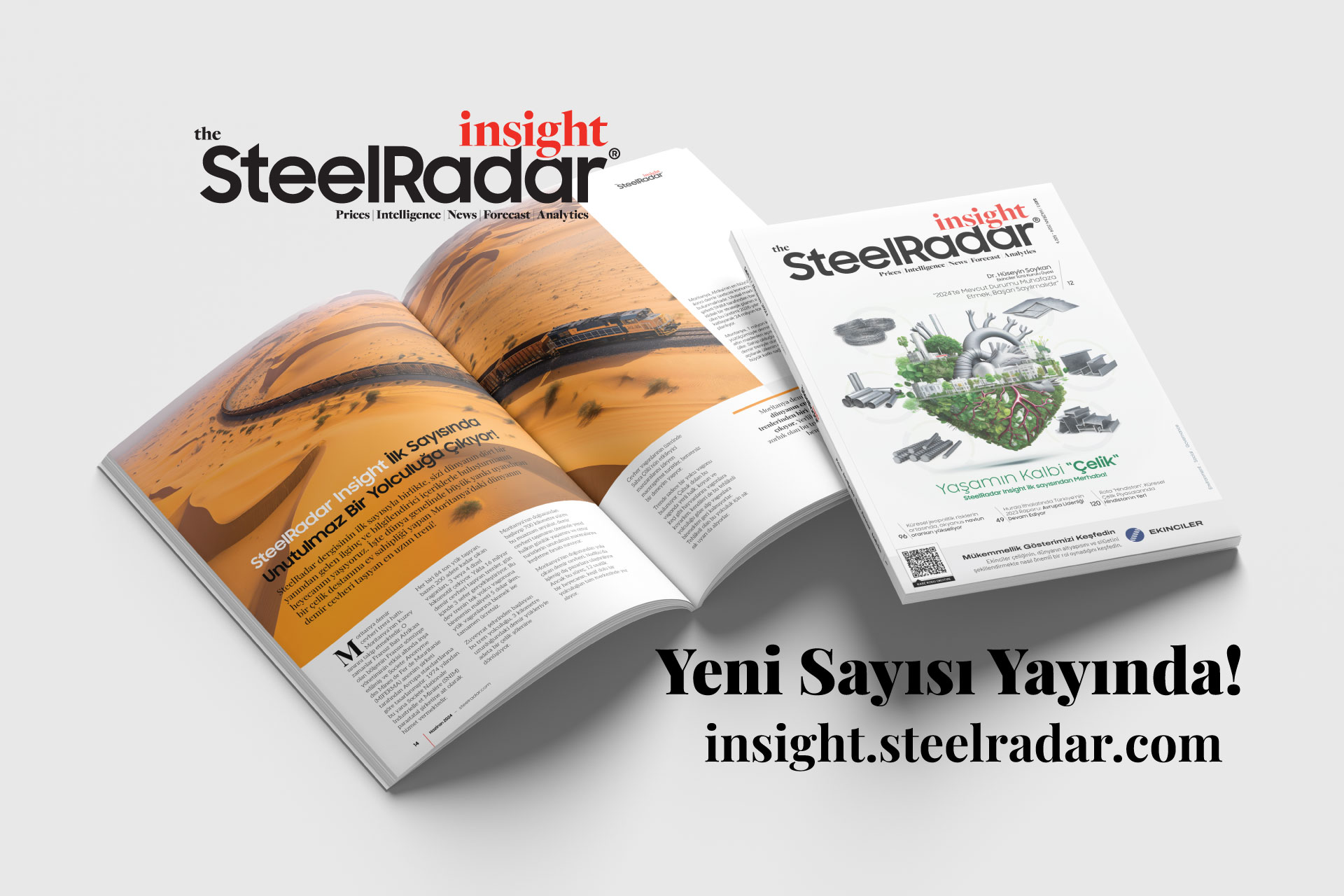

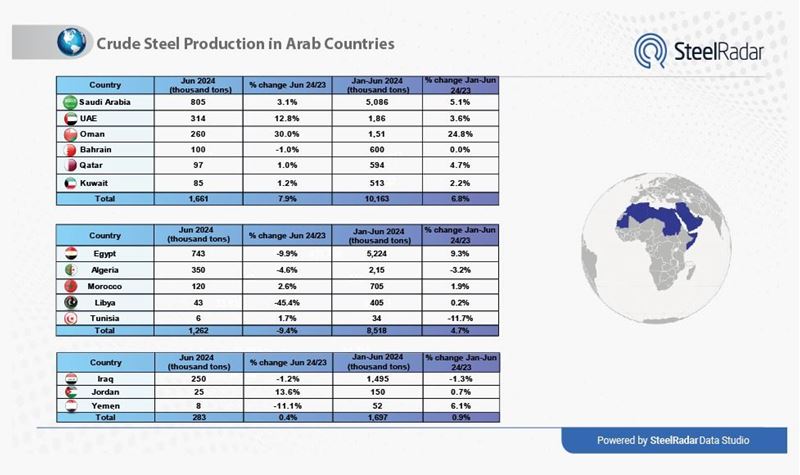
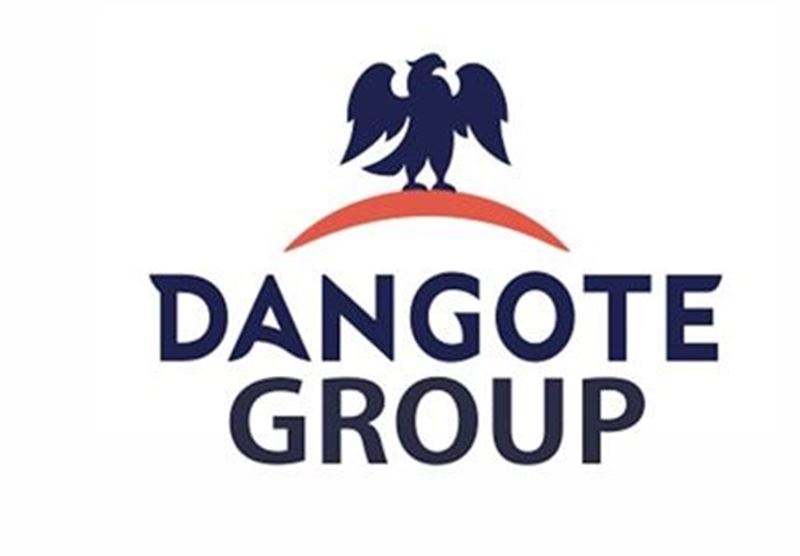
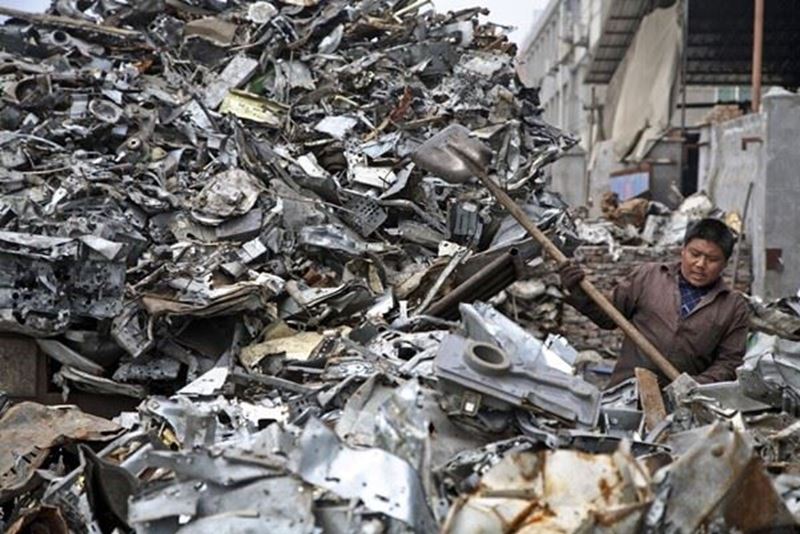
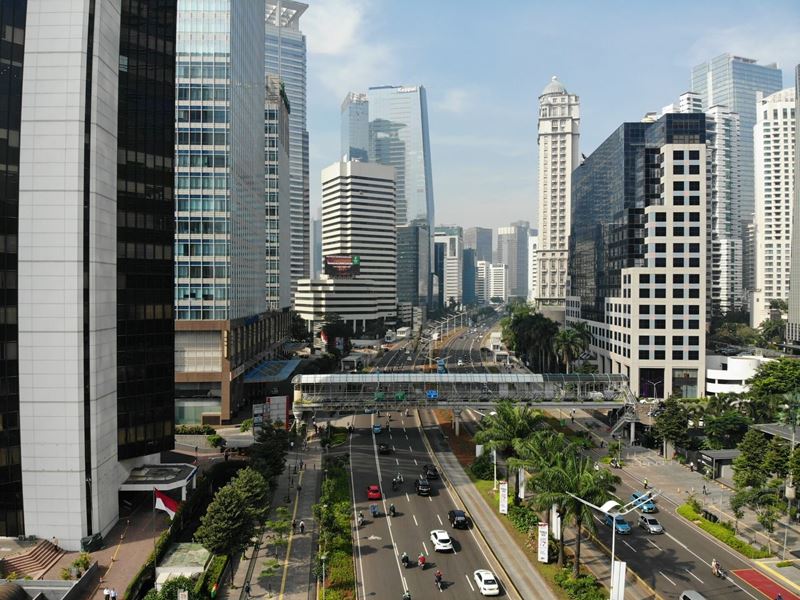

Comments
No comment yet.